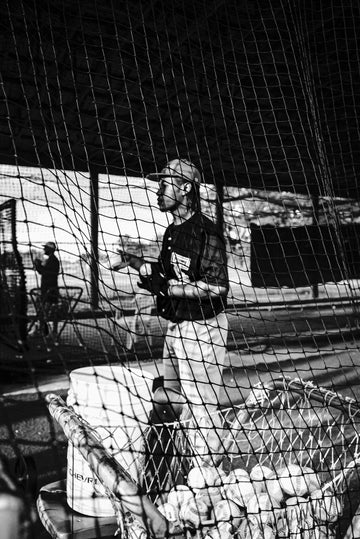Navigating Opportunities: A Comprehensive Guide to JUCO Eligibility
by Keith Glasser on Jan 23, 2024
Our fourth installment in our eligibility series will get into the eligibility surrounding JUCO baseball. The journey toward collegiate athletics opens up a myriad of opportunities, each with its unique set of eligibility criteria. In this blog, we'll unravel the intricacies of Junior College (JUCO) programs, providing a comprehensive understanding of the pathways they offer:
JUCO Eligibility: For aspiring student-athletes eyeing a Junior College (JUCO) program, the eligibility criteria are relatively straightforward but vary based on the institution. Here are the key factors:
-
High School Graduation or Equivalent: First and foremost, eligibility for JUCO programs requires a high school diploma or its equivalent. This is the foundational academic requirement that opens the door to collegiate athletics at the junior college level.
-
Enrollment Eligibility at the JUCO Institution: Meeting the specific enrollment criteria set by the JUCO institution you plan to attend is paramount. These criteria may include academic qualifications, standardized test scores, and other institutional requirements. It's essential to thoroughly research and understand the admission guidelines of the JUCO you wish to join.
-
Scholarship Opportunities: Notably, both Division I and Division II JUCO programs can offer scholarships to student-athletes. These scholarships can play a crucial role in alleviating the financial burden of education while pursuing athletic endeavors. Additionally, student-athletes are eligible to sign a Letter of Intent (LOI) to commit to a JUCO. However, it's crucial to understand that this LOI is binding only at the JUCO level.
The eligibility requirements at the JUCO level are fairly straightforward. It is worth noting as well that the cost of attendance at the JUCO level is considerably lower than that of four year schools and is a great cost effective way to get classes out of the way and play baseball at a competitive level before transferring to get a bachelor's degree. Check back next week for our last blog in this series on NAIA eligibility.





